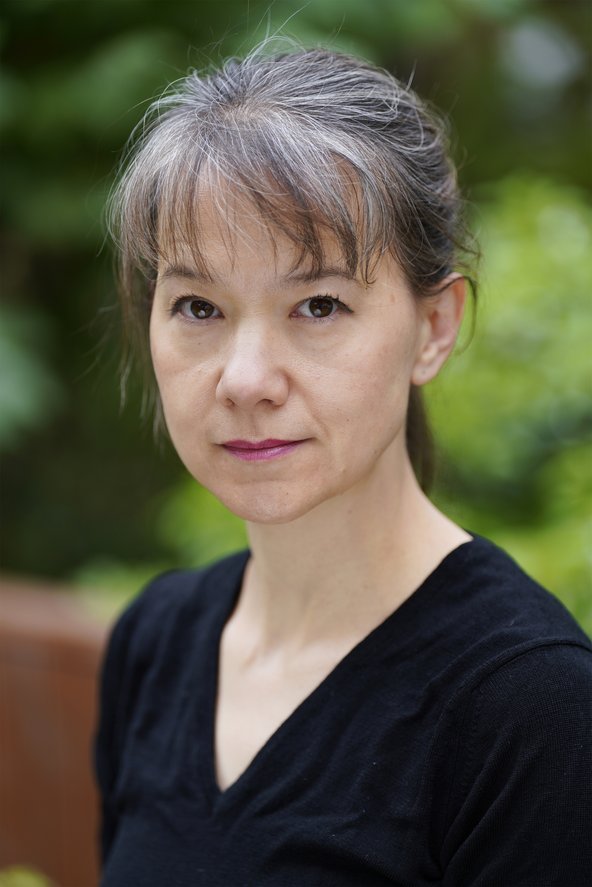
An indelible exploration of the Cultural Revolution and how it shapes China today, Red Memory uncovers forty years of silence through the rarely heard stories of individuals who lived through Mao’s decade of madness. Stationed in Beijing for the Guardian, Tania Branigan came to realise that this brutal and turbulent decade continues to propel and shape China to this day. Yet official suppression and personal trauma have conspired in national amnesia: it exists, for the most part, as an absence. Red Memory explores the stories of those who are driven to confront the era, fearing or yearning its return. What happens to a society when you can no longer trust those closest to you? What happens to the present when the past is buried, exploited or redrawn? And how do you live with yourself when the worst is over?
Below is an extract of the shortlisted book.
Extract
I’d heard that the paintings were large, but that hadn’t prepared me. Each was two and a half metres high and, hung on the walls, dwarfed me further, so that I was the one under scrutiny. At this scale, and monochrome, even smiles were somehow sombre. On first sight, the images were almost photographic. These faces had the same fated quality as pictures of missing children, as if they too anticipated what I knew awaited them. Step closer and the clear lines scattered into a flurry of brushstrokes; smeary blotches and swipes of ash and charcoal. The pictures both dominated and eluded. The paint was thick, encrusted on the canvas and stuck here and there with bristles. I stepped back again and recognised some of the faces inspecting me. A celebrated author, behind heavy glasses. A glowering actress. Communist heroes. Others were unfamiliar. Famous, infamous or unknown, all were painted in precisely the same way, at the same immense scale. There was tragedy here, and villainy too, but the painter drew no distinctions: ‘Even if they are bad people, they are still people,’ he said.
He was an unassuming man, bundled in a fat black vinyl jacket and marmalade-coloured sweater – an outfit a student half his age might have worn, but which he carried off easily. He drew on cotton gloves to hunt through the stacks for the canvas I’d requested, then pulled out a frame and bore it to an easel before untaping the cover. A face emerged, unyielding, though with a trace of a smile: benign? Triumphant? Chairman Mao gazed out, and I gazed upon him. I was used to him in grand dimensions, from the giant portrait that still hung on Tiananmen, the great red gate in the capital’s heart. It was startling that the others matched him as I looked around. There were over a hundred pictures in all, but one was missing, Xu Weixin told me: the very first portrait he had drawn, as a child. He had grown up in China’s far north-west. He had liked his gentle teacher, Miss Liu, so was shocked and shamed when it all erupted and he learned of his naivety – she was, they warned him, a class enemy: the daughter of a landlord. Outraged at the discovery, he steeled his heart and did the right thing, used his pen, pinned the hideous caricature to the blackboard, and still remembered, as if it were this morning, the moment she walked in and saw it, and how the blood drained from her face. She understood already what it might mean, what might follow. He was too young, but grew up fast. Soon he would see them burning pictures and breaking Buddhas, beating people with sticks and metal bars. He would hear the screams, and listen to the silences that followed.
He didn’t dwell upon his tale, though his memories were ‘very, very vivid’; he outlined it efficiently. ‘You were eight . . .’ I began. I was only checking the details, but he took it for a different kind of question, about his culpability, or perhaps a reassurance he hadn’t wanted.
‘Of course, I was responsible. It’s only a question of how big or small my responsibility was.’
© Tania Branigan from Red Memory: Living, Remembering and Forgetting China's Cultural Revolution, Faber & Faber, 2023
Tania Branigan is the Guardian's foreign leader writer. Having spent seven years as the Guardian’s China correspondent, her writing has also appeared in the Washington Post and the Australian. Red Memory is her first book.